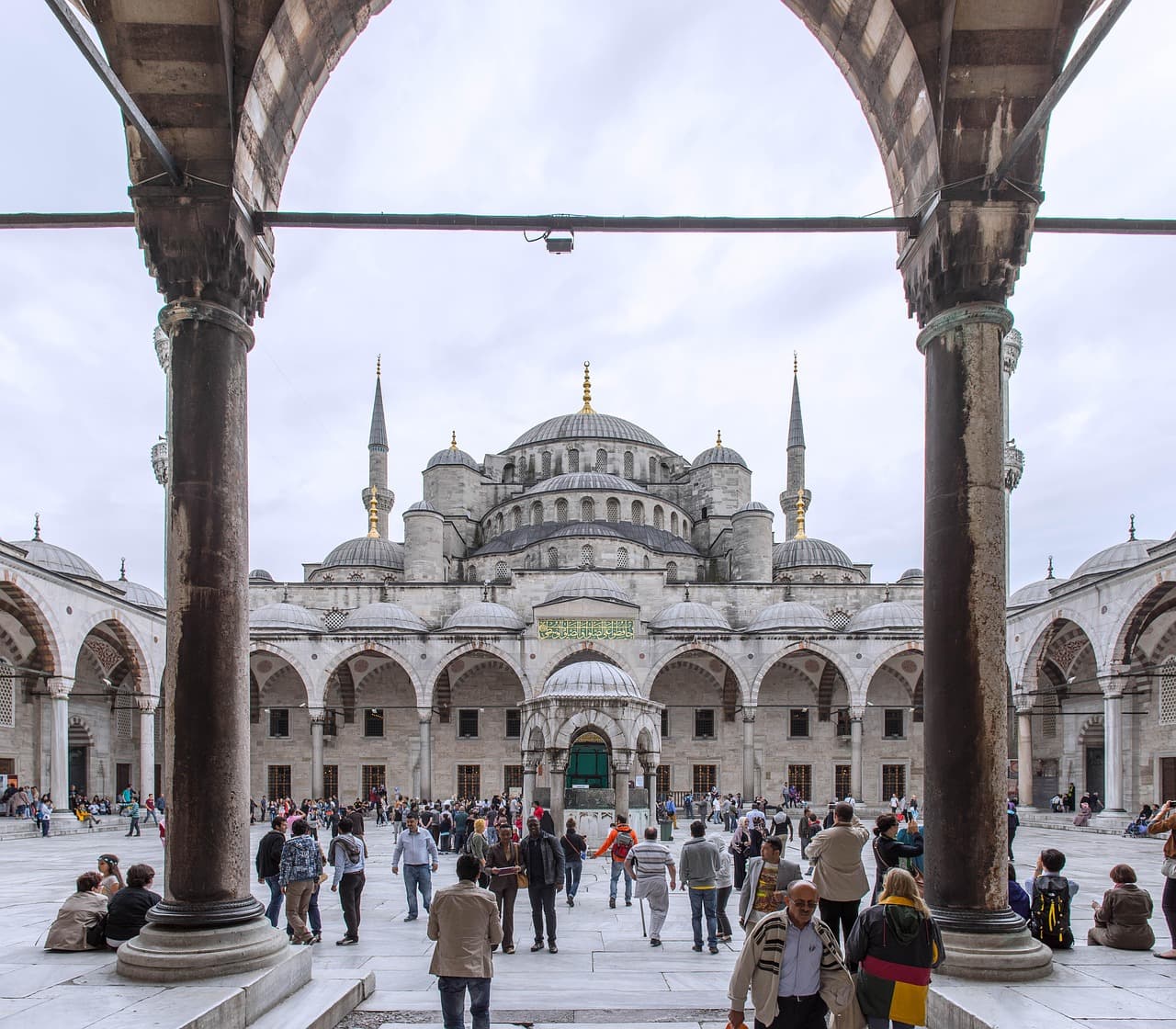AI finds its way into churches, mosques and Buddhist funerals
In EverydAI, we highlight AI applications that make your life easier, even if you're not an expert. Today: AI in a religious context.
Published on November 26, 2024

Team IO+ selects and features the most important news stories on innovation and technology, carefully curated by our editors.
Generative AI, such as ChatGPT, has become an integral part of our daily lives. We use it extensively for translations, writing St. Nicholas poems, and schoolchildren make grateful use of it for their papers. But AI is now making its appearance in religious contexts as well. It was recently announced that visitors to a Swiss church can confess their sins to an AI version of Jesus. And this is just one of many religious applications of AI worldwide.
Confessing sins to AI Jesus
In Lucerne, Switzerland, you can confess your sins to an artificial intelligence-powered hologram of Jesus. The AI version of Jesus is part of an art project called “Deus in Machina” (God in a Machine) and can be found in St. Peter's Church. In this futuristic sanctuary, visitors take a seat in a confessional booth, where they see a screen with the face of Jesus through a grid. It works simply: the visitor asks a question, then the AI interprets it and formulates an answer. As the answer is given, Jesus' face moves with it. This AI Jesus can speak in as many as 100 different languages, making it accessible to the many international tourists the project attracts. Visitors respond positively and are enthusiastic about the experience.
Hacking the Bible with AI
AI is also being used in multiple ways to support the Christian faith. Recently, the Dutch-Flemish Bible Society (NBG) and the EO organized a “Bible hackathon,” an intensive programming session in which 50 savvy developers explored how to use artificial intelligence to make the Bible story more accessible.
Robot for Buddhist funerals
Japanese company Nissei Eco has previously developed a robot that, thanks to special software, is capable of performing rituals for Buddhist funerals. According to the company, the robot is a practical choice because it is cheaper to have Pepper perform the rituals than a human priest. Hiring the robot costs only a quarter of what a human priest would cost. Nissei Eco developed the software for Pepper, which supports third-party applications.
Islamic practices
Saudi Arabia introduced special robots with artificial intelligence to support Islamic practices two years ago. The robots are placed in the Grand Mosque in Mecca, where they recite the Quran and give sermons to Muslims. The robots are barcoded so users can download their services to their smartphones. They can also use buttons on the robots to get information about the imams leading the prayers, the muezzins, and the weekly schedule of the mosque staff, including the names of the clerics giving the Friday sermons.
New opportunities
These are just a few examples of how AI is being used worldwide in religious contexts. Increasingly, generative AI, such as ChatGPT, is being used to compose entire church services, from sermons to prayers. This offers new opportunities for religious organizations to spread their message and modernize their services. Although opinions are divided on this issue, it is clear that AI has a lasting impact on how religion is lived and organized.
